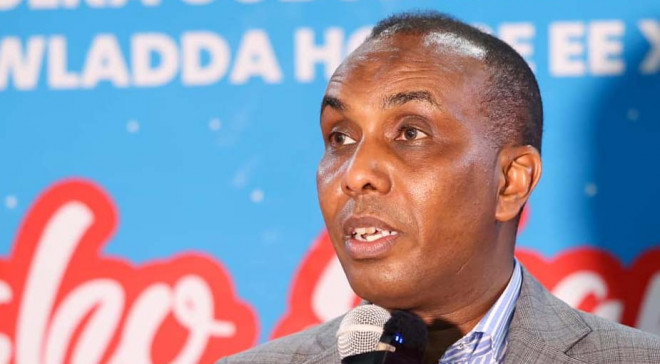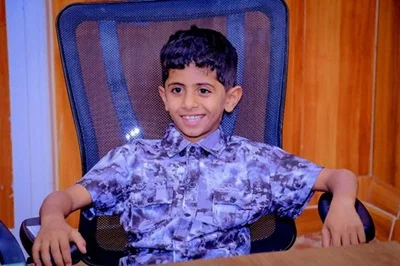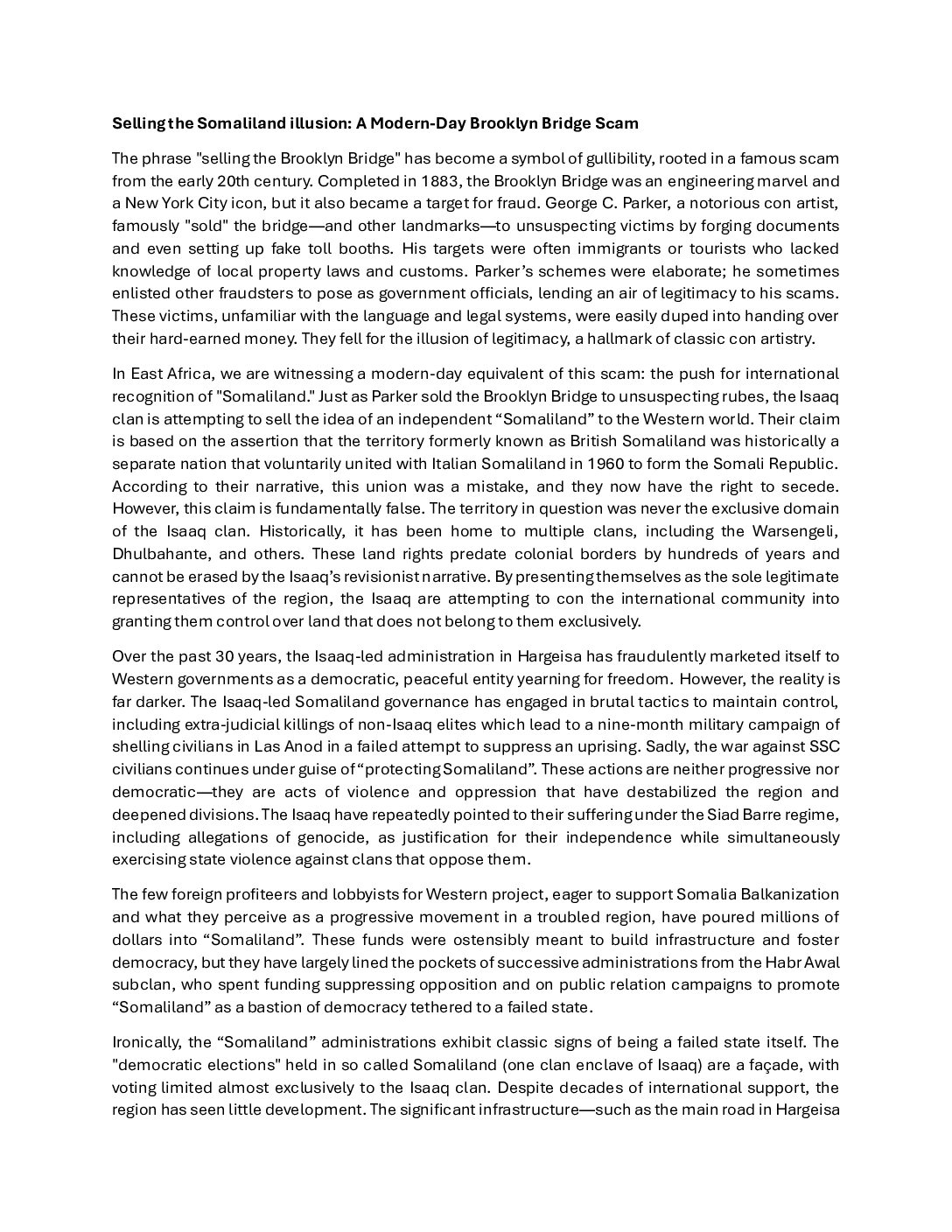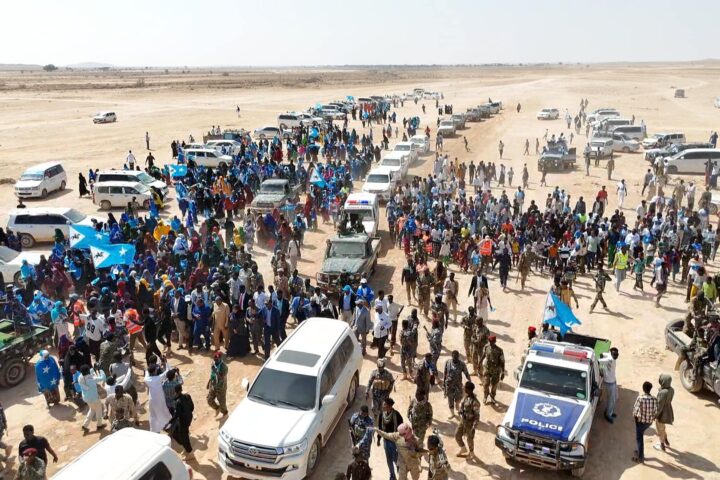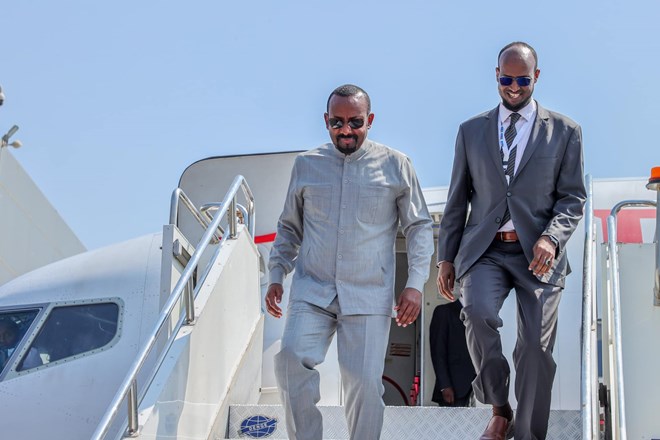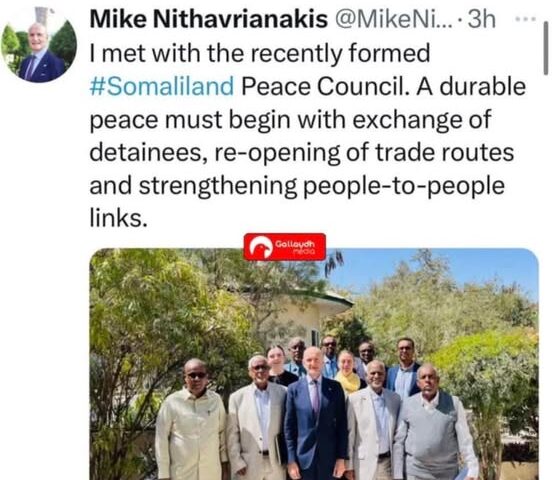Leaders of the Somali government commemorated Teachers’ Day in Mogadishu on Tuesday, emphasizing advancements in education but recognizing persistent obstacles in revitalizing the sector.
President Hassan Sheikh Mohamud and Prime Minister Hamza Abdi Barre praised educators for their essential contribution to nation-building, highlighting governmental efforts to mitigate a significant teacher deficit and enhance educational facilities.
President Mohamud said, “Teachers shape the future of our society, while soldiers protect it in the present,” highlighting their interrelated roles in the nation’s development and stability.
The President highlighted that 6,000 instructors had been recruited as part of a comprehensive initiative to employ 10,000 throughout the country. He recognized the ongoing want for supplementary resources, characterizing these initiatives as vital to fortifying the education system.
Prime Minister Barre emphasized the government’s commitment to prioritize education in conflict-affected areas. Recent efforts include the reconstruction of schools and the provision of security for educators and pupils in regions once dominated by militants.
Barre said, “Teachers are reconstructing our nation and instilling hope in future generations through education.”
The government’s teacher recruiting initiatives demonstrate Somalia’s will to tackle its severe educator deficit. Earlier this year, the Ministry of Education announced intentions to employ 3,000 instructors, getting over 26,000 applications.
State Minister of Education Nuura Mustaf Mukhtaar underlined the need for gender inclusion in recruitment, with 30% of posts designated for women. “Female educators are essential to fostering inclusive education and inspiring the next generation of Somali girls,” Mukhtaar added.
The program builds on a 2023 recruiting push that added 3,000 teachers to the workforce. A large boost in the school budget—quadrupled to $34 million—has supported these initiatives. However, detractors contend that financing remains insufficient, with UNICEF estimating that 3 million Somali children are still out of school owing to poverty, instability, and poor infrastructure.
Despite these gains, Somalia’s education system faces continuing obstacles. Many schools remain damaged or inaccessible, especially in rural regions. Prime Minister Barre has spotlighted the partnership between security forces and education officials as crucial to regaining and restoring these institutions.

